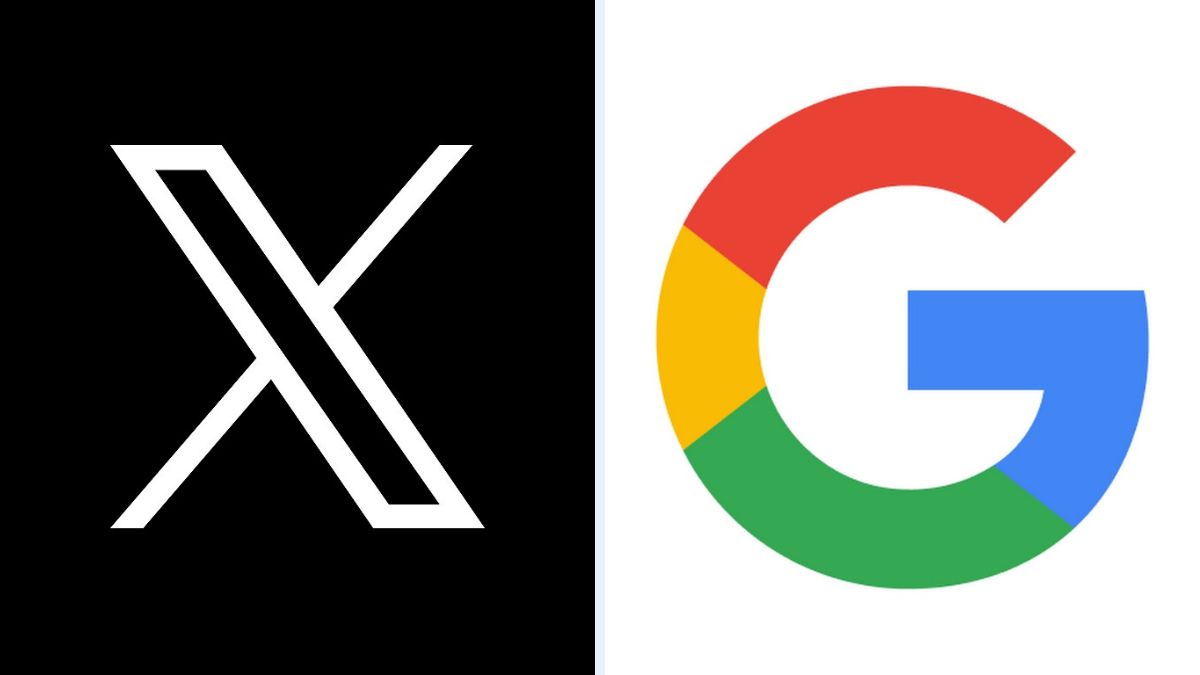Malaysia states that X and Google have not applied for a new social media license – X points out it has fewer than 8 million users in Malaysia, while Google disagrees with the classification of YouTube as a social media platform

Elon Musk’s X and Google’s YouTube are under scrutiny in Malaysia for not securing operating licenses under the country’s newly enforced social media law. The regulation, effective January 1, requires platforms with over eight million users in Malaysia to obtain a license or face potential bans.
X claims it does not meet the user threshold, citing a Malaysian audience of about 5.71 million. The Malaysian Communications and Multimedia Commission (MCMC) is currently verifying this assertion. Meanwhile, Google has raised concerns over YouTube’s inclusion under the licensing framework, arguing that its video-sharing service should not be classified as traditional social media.
The new law, aimed at combating cybercrime, scams, child exploitation, and other online harms, has divided opinions. While the government frames the regulation as a safeguard for public safety, critics, including civil rights groups, warn it could infringe on privacy and free speech. The law also grants authorities powers for warrantless arrests and data disclosure, raising further concerns.
Despite the controversy, some platforms have complied. Chinese companies Tencent (WeChat) and ByteDance (TikTok) were the first to secure licenses. Meta, which owns Facebook, Instagram, and WhatsApp, has started its application process, along with Telegram, which is nearing completion.
Malaysia’s move to regulate social media mirrors broader trends across Asia. Countries like India and Australia have introduced similar measures to tackle misinformation and hold tech giants accountable for illegal content. However, the push for stricter digital governance has sparked debates about the balance between regulation and digital freedoms.
For now, the future of X and YouTube in Malaysia remains uncertain. Non-compliance could result in operational restrictions, potentially leaving millions of users without access to these platforms.
Meanwhile, platforms that have started the licensing process, like Meta and Telegram, are positioning themselves to maintain their presence in the country. As the situation unfolds, all eyes are on how Malaysia and Big Tech navigate this new regulatory landscape.
